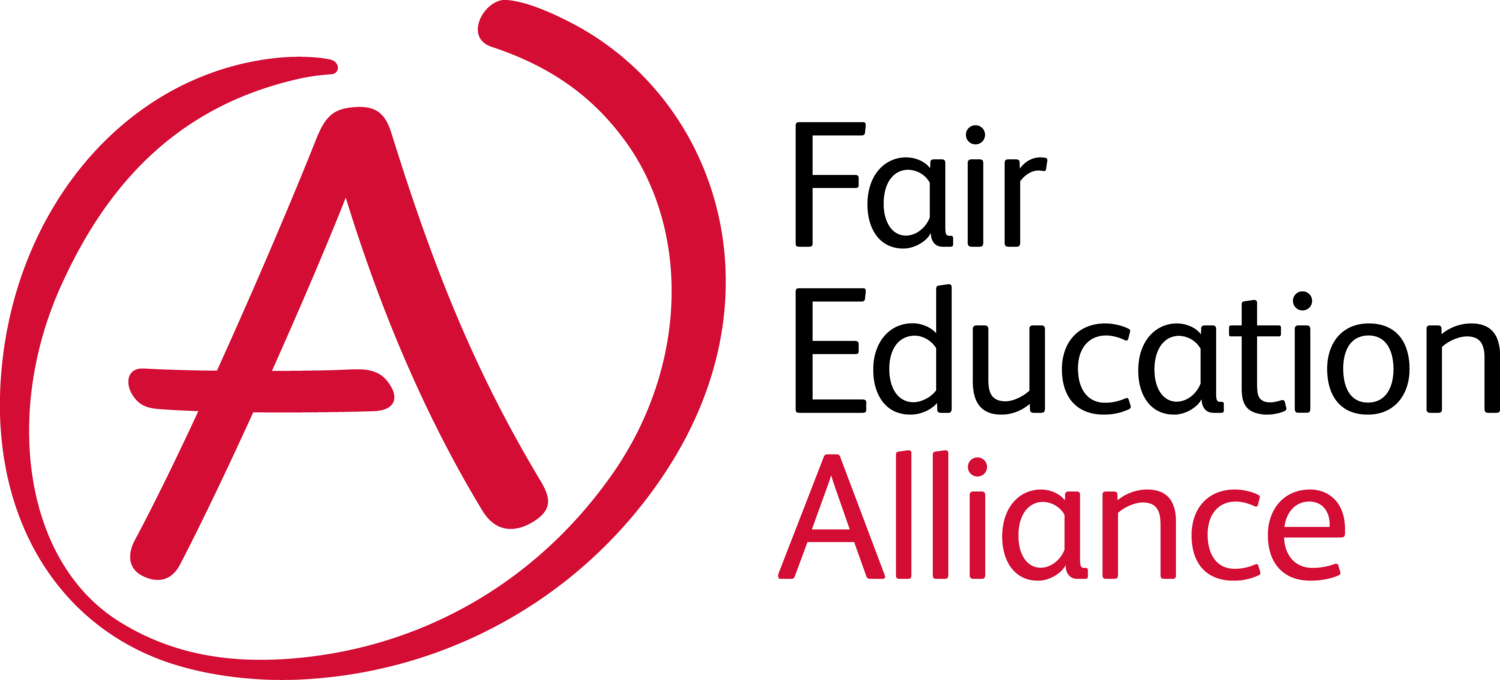Last week to mark the 2nd anniversary of the #iwill campaign, leaders from across sectors celebrated the contributions young people are making through their social action and pledged to help unlock the potential of future generations in creating positive change. Education Minister Edward Timpson MP spoke about the value of social action for character development, reaffirming DfE’s pledge to the campaign. Sir Michael Wilshaw, Her Majesty’s Chief Inspector, re-pledged Ofsted’s support, alongside fellow Chief Inspectors at Education Scotland and Estyn in Wales. Businesses reiterated the value of the skills social action develops, as highlighted in a blog by Paul Drechsler CBE, President of the CBI.
Beyond recognising the value of social action, businesses, schools, colleges and charities have been taking tangible action to inspire and enable more youth social action. Together we want to empower an additional 1.5 million young people by 2020 to help others or the environment, for example through mentoring fellow students, campaigning to create positive change, or fundraising to support a cause they care passionately about.
But the #iwill campaign is aiming to do more than simply make social action part of young people's journey to adulthood by 2020. With the leadership of partners across sectors, including members of the Fair Education Alliance, #iwill is also striving to close a socio-economic gap in access to youth social action. Latest data from the 2015 national youth social action survey, carried out by Ipsos MORI, demonstrates that participation is not evenly spread: 49% of young people from the most affluent communities take part, while just 38% of young people from low income communities are involved.
The same survey also demonstrates a significant link between taking part and increased levels of wellbeing. Coupled with compelling evidence that social action helps develop key strengths linked to employability (such as cooperation, empathy, resilience, and a sense of community), there is a moral imperative to ensure the opportunities to take part are available to all young people.
The most common route to participation is through school or college. Schools and colleges across the UK, in partnership with the wider community, have the potential to empower many more young people to realise the difference they can make. A group of 50 Headteachers and College Principals from across the country talk about how they already integrate social action into the educational experience of their students in the newly launched “Transforming Young People and Communities”. We hope that their ideas and practices will help inspire many more schools and colleges to make social action a key part of their vision for education.
I believe growing youth social action will also play an important role in achieving the vision set out by the Fair Education Alliance. On the one hand, by helping young people develop key strengths and networks that will enable them to reach their high aspirations and access further education, training and employment opportunities. And on the other hand, by inspiring and empowering young people – the leaders of tomorrow - to play their part in addressing educational inequality. A case in point is Terri Smith, 20, an #iwill ambassador who first got involved in social action when she was 12 and is still a keen campaigner for the UK’s most vulnerable and disenfranchised young people: “I didn’t have an easy start in life. I grew up in poverty and at school I was bullied, and sometimes I couldn’t ever imagine things getting better. But social action truly did help me get my life back on track.”
Join a movement of over 500 organisations across sectors and make your own pledge to bring the benefits of youth social action to more young people and communities across the UK. For more information visit: http://www.iwill.org.uk

